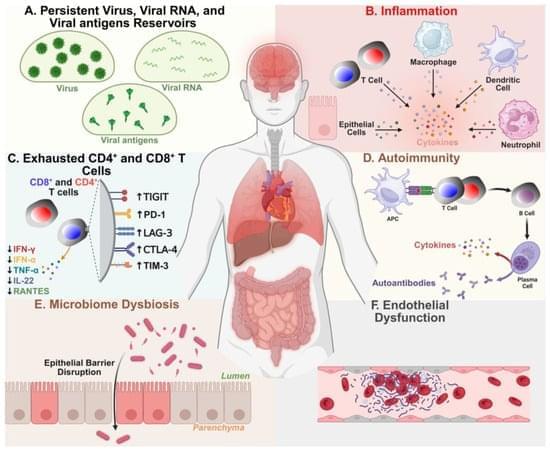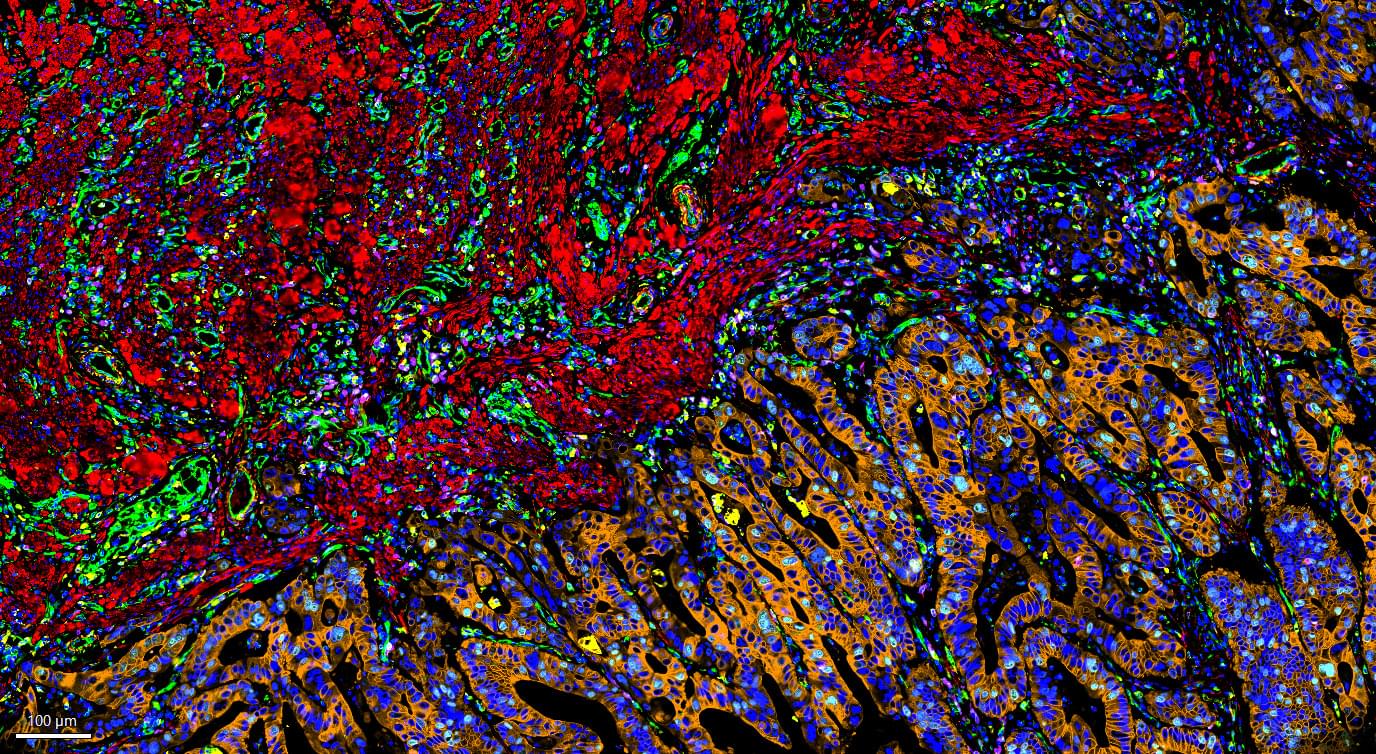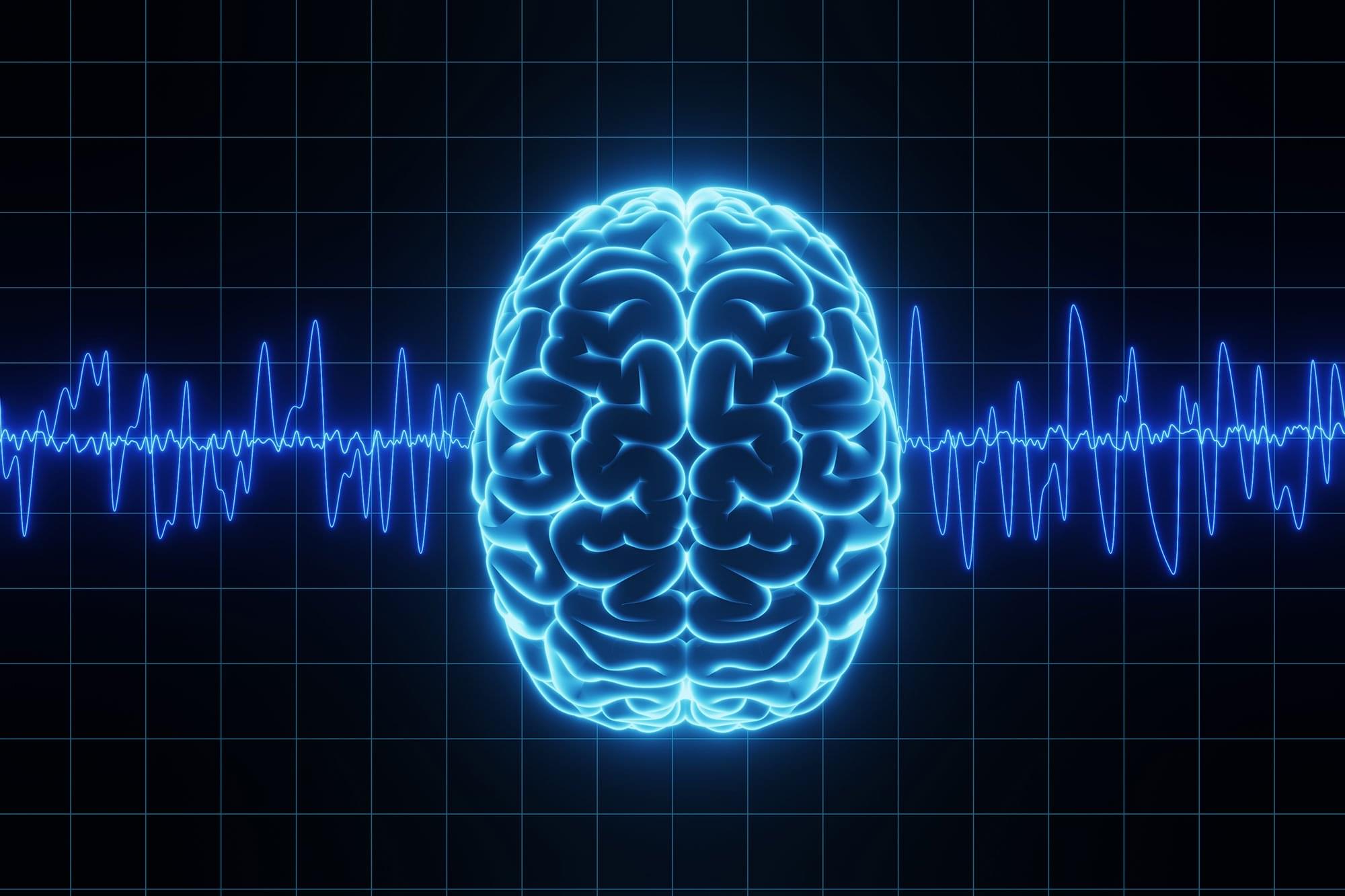Over the past decade, deep learning has transformed how artificial intelligence (AI) agents perceive and act in digital environments, allowing them to master board games, control simulated robots and reliably tackle various other tasks. Yet most of these systems still depend on enormous amounts of direct experience—millions of trial-and-error interactions—to achieve even modest competence.
This brute-force approach limits their usefulness in the physical world, where such experimentation would be slow, costly, or unsafe.
To overcome these limitations, researchers have turned to world models—simulated environments where agents can safely practice and learn.







